- Home
- Mindful Beauty Store
-
Mindful Beauty
- Natural Skincare
- Mindful Beauty - ArthroAroma
- Mindful Beauty Lavender Pillow Spray
- Mindful Beauty - Massage Oils
- Mindful Beauty - Serum 22
- Mindful Beauty - Serum 22 Organic
- Mindful Beauty Aromacology Bath Oils
- Mindful Beauty Natural Body Powders - Talc Free
- Mindful Beauty Exfoliator
- Natural Organic Foot Powder - Talc Free
- Tibetan Incense
- Aromatherapy Diffuser
- Professsional Salon Massage Oil 1 Litre
- Our Natural Cosmetics Ingredients >
-
Natural Beauty Tips Articles
>
- Beauty care - 7 beauty tips
- All About Facial Skin Care
- Celebrities Beauty Secrets
- Beauty Tips in Winter
- General Skincare Recommendations that May Help You Avoid Skin Problems
- Beauty Secrets Are All Around You
- Anti Aging Skin Care Guide?- Yes, Time To Glow Ladies
- The Best Skincare- 5 Mistakes You Can Avoid
- Skin Care Tips for Natural Glow
- Winter in the mountains: back to the season of dry skin?
- Bad Breath isn’t Good – How to Get Rid of It?
- Makeup artists not just for celebrities: how to choose one
- Natural Skincare For Acne Tips >
- Blog
- Contact Us
- Vitamins
- Mindfulness
- Wellbeing Articles
- GIfts, Books & Audio
- About Us
- Useful Herbal Remedies for Common Ailments
- Menopause Symptoms – Herbal Remedies
- Refund Policy
|
So here is Part 1 of the menopause series where I will be giving natural health tips from the halls of Complementary Medicine. This blog is all to do with Chinese Medicine and their amazing herb for menopause - Dong Quai. This is known in Chinese Medicine as the female Ginseng. And for good reason too. Over 50% of people use CAM (Complimentary or Alternative Medicine) and most of them do not discuss this with their doctor. There is no point as medical students in Ireland have absolutely no training in herbal medicine or naturopathic medicine. So they have nothing informed to say when asked about herbal medicines, homeopathy, tissue salts, Chinese Medicines etc; This is why I am writing these blogs. To give evidence based information about complimentary medicine. I see CAM as preventative medicine. About 13% of Australian women use CAM therapies for managing hot flushes, and the three most commonly used CAM therapies they use are phytoestrogens (plant-based female hormones), evening primrose oil and ginseng. But first let us have a recap on what menopause is. What is Menopause & Perimenopause?Menopause is the point at which a woman stops ovulating and menstruation stops, oestrogen disappears causing lots of side effects, indicating the end of fertility. However many years before the menopause, levels of oestrogen production slow down and this is called the perimenopause. This can start fifteen years before the menopause and is called the ‘circadian’. Apart from being a sex or reproductive hormone, oestrogen acts on many organs and systems in the body. Cells in the vagina, bladder, breasts, skin, bones, arteries, heart, liver, and brain all contain oestrogen receptors and require this hormone to stimulate these receptors for normal cell function. Oestrogen is required to keep the skin healthy and contributes in the bone formation process. There will be more information in coming weeks when I will explain how to include phytoestrogens in your diet. HRT - Hormone Replacement TherapyAfter the scares in the media about the risks associated with HRT (Hormone Replacement Therapy) over 20 years ago which have been published in the past, there is a strong case for using alternative medicine to balance the body, especially when you get to supply your body with plant hormones rather than ones derived from horse’s urine. Research in the past has highlighted the side effects of taking HRT to include breast cancer and heart disease but we know today your risk is quite low if you take transdermal patches, in particular, of HRT. Many women experience few if any symptoms during this time but others may suffer from some or all of the following; anxiety, hot flushes, dry skin, fatigue, feelings of bloating, headaches, heart palpitations, insomnia, irritability, decreased interest in sex, loss of concentration, vaginal dryness and weight gain. Mindful Beauty Sweet Dreams Box
€49.99
Sleep easy at night with our special range of products, using 100% natural essential oils that are traditionally used to help lull you to sleep:
IMPORTANT DELIVERY NOTE: Put in your mobile number and Eircode/postcode to ensure correct delivery. Twenty five per cent of women go through the change without as much as a night sweat. So not all menopause experience has the commonly known symptoms so it is possible to just sail through if you are in that lucky quarter. Or if you are Japanese woman. When the menstruation stops altogether most of the acute problems a woman will face are over and a new balance between hormones is established. This is the stage when she may be vulnerable to potentially serious health problems such as cardiovascular disease, osteoporosis and vaginal atrophy. Many GPs have recommended hormone replacement therapy HRT to control severe symptoms caused by oestrogen deficiency in menopausal and post- menopausal women. Basically a molecularly similar oestrogen is taken by the woman but this oestrogen is synthetic and only close to the natural oestrogens produced in the body. Chinese Medicine & Dong quaiIn Chinese Medicine, menopause is looked at as a period in which the energy of the kidney is declining. For the Chinese Medicine doctor the kidney has a corresponding emotion, tissue, sensory organ and element. These are respectively, fear, bone, ear and water. The adrenal glands on the top of the kidney are now responsible for producing the hormones that the ovaries used to produce. Chinese herbal medicine is one of the best ways of treating the menopause as the approach is holistic and this appeals to the condition as it is very much a mind body spirit imbalance. The herbal formulas that the Chinese doctor will give will replace the oestrogens that you are now not producing with plant oestrogens. One of the formulas in Chinese Medicine acclaimed for its beneficial effects for the menopause is called four things soup. Dong qui Angelica sinensis has long been used to treat menopause in Chinese Medicine and for the women of China. Thousands of years in fact. Western herbalists view it as a uterine tonic. The Chinese Drs have used it also to treat amenorrhea. The herb has also been shown to inhibit the growth of cancer cells. Evidence Based Dong QuaiOver 70 compounds have been isolated and identified from Danggui. The main chemical constituents of Angelica roots include ferulic acid, Z-ligustilide, butylidenephthalide and various polysaccharides. Among these compounds, ferulic acid exhibits many bioactivities especially anti-inflammatory and immunostimulatory effects; Z-ligustilide exerts anti-inflammatory, anti-cancer, neuroprotective and anti-hepatotoxic effects; n-butylidenephthalide exerts anti-inflammatory, anti-cancer and anti-cardiovascular effects.1 The herb is known by millions of women for benefits as stabilising mood swings, reducing hot flushes and decreasing insomnia. Even though many Chinese Medicine practitioners recommend taking this herb as part of a blend, most take it on its own. If you are on anticoagulant medication like warfarin you cannot take it as the herb interferes with the action. Also not to be used during pregnancy as it has oestrogen like effects and could cause a miscarriage. This is what the American Herbal Pharmacopeia has to say,' Dang gui is especially important because it fills a therapeutic niche not readily addressed in Western conventional or herbal medicine. It has been used successfully for several hundred years, and can broaden therapeutic options for women beyond hormone replacement therapies and hysterectomies. Hopefully, increased use of dang gui and its appropriate formulas will help to reduce at least a portion of the 600,000+ hysterectomies performed annually in the USA." Dong quai is probably available from most health food stores and some pharmacies who value herbal medicine. 1. Chao, WW., Lin, BF. Bioactivities of major constituents isolated from Angelica sinensis (Danggui). Chin Med 6, 29 (2011). https://doi.org/10.1186/1749-8546-6-29 Mindful Beauty Footcare Box
€39.99
Pamper your feet with this NEW range of products blended with 100% natural essential oils that traditonally soothes, cleanses and refreshes tired, overworked feet. Reflexologists and Chiropodists will love this too!
IMPORTANT DELIVERY NOTE: Put in your mobile number and Eircode/postcode to ensure correct delivery. Mindful Beauty Chillax Box
€37.99
Relax and de-stress during or after a long, stressful day with our products formulated with only 100% natural essential oils, traditionally used to chill out and unwind:
IMPORTANT DELIVERY NOTE: Put in your mobile number and Eircode/postcode to ensure correct delivery. Neroli Candle with Eco-soy Wax
€14.99
Made with ecologically sourced soy wax, our Neroli Candle is all handmade with only natural fragrance oils and coloring. It will transport you to blossoming orange groves with its ethereal scent. No preservatives, vegan and cruelty-free, Irish-made. Comes in its own recycled kraft gift box. IMPORTANT DELIVERY NOTE: Put in your mobile number and Eircode/postcode to ensure correct delivery.
0 Comments
Leave a Reply. |
AuthorBestselling author Ralph Quinlan Forde BSc (Hons) MA is the writer and editor of the Mindful Beauty blog. His first book The Book of Tibetan Medicine went into 11 languages. His second Nutriwine has Archives
February 2024
Categories
All
|
- Home
- Mindful Beauty Store
-
Mindful Beauty
- Natural Skincare
- Mindful Beauty - ArthroAroma
- Mindful Beauty Lavender Pillow Spray
- Mindful Beauty - Massage Oils
- Mindful Beauty - Serum 22
- Mindful Beauty - Serum 22 Organic
- Mindful Beauty Aromacology Bath Oils
- Mindful Beauty Natural Body Powders - Talc Free
- Mindful Beauty Exfoliator
- Natural Organic Foot Powder - Talc Free
- Tibetan Incense
- Aromatherapy Diffuser
- Professsional Salon Massage Oil 1 Litre
- Our Natural Cosmetics Ingredients >
-
Natural Beauty Tips Articles
>
- Beauty care - 7 beauty tips
- All About Facial Skin Care
- Celebrities Beauty Secrets
- Beauty Tips in Winter
- General Skincare Recommendations that May Help You Avoid Skin Problems
- Beauty Secrets Are All Around You
- Anti Aging Skin Care Guide?- Yes, Time To Glow Ladies
- The Best Skincare- 5 Mistakes You Can Avoid
- Skin Care Tips for Natural Glow
- Winter in the mountains: back to the season of dry skin?
- Bad Breath isn’t Good – How to Get Rid of It?
- Makeup artists not just for celebrities: how to choose one
- Natural Skincare For Acne Tips >
- Blog
- Contact Us
- Vitamins
- Mindfulness
- Wellbeing Articles
- GIfts, Books & Audio
- About Us
- Useful Herbal Remedies for Common Ailments
- Menopause Symptoms – Herbal Remedies
- Refund Policy
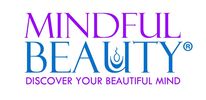
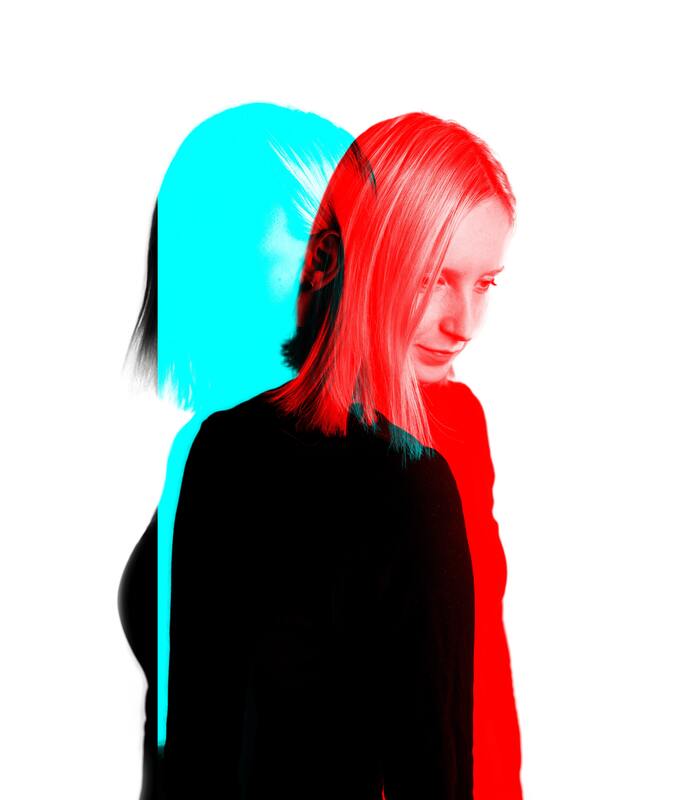
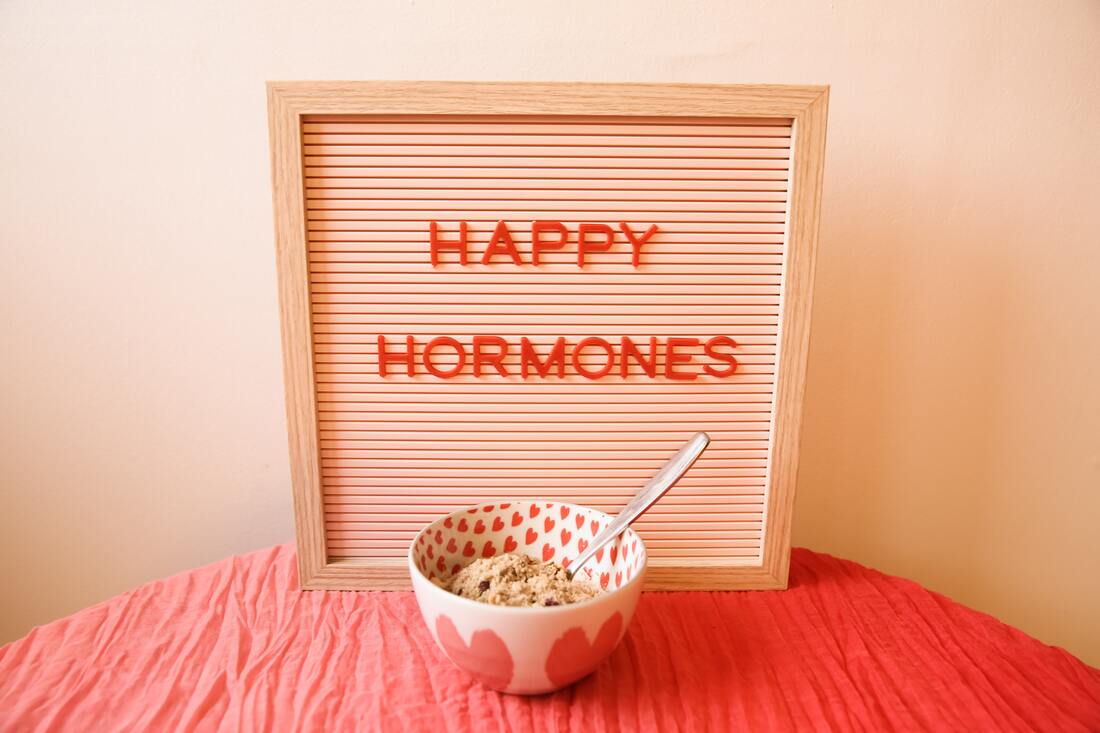
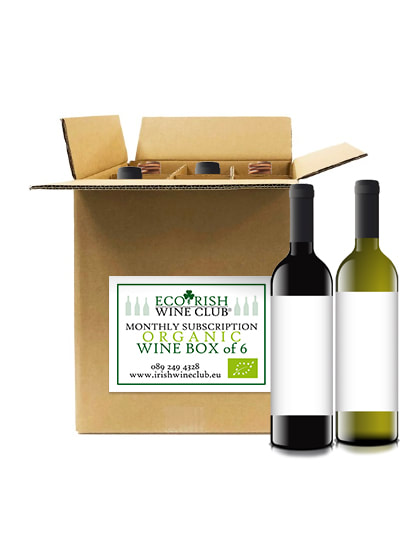
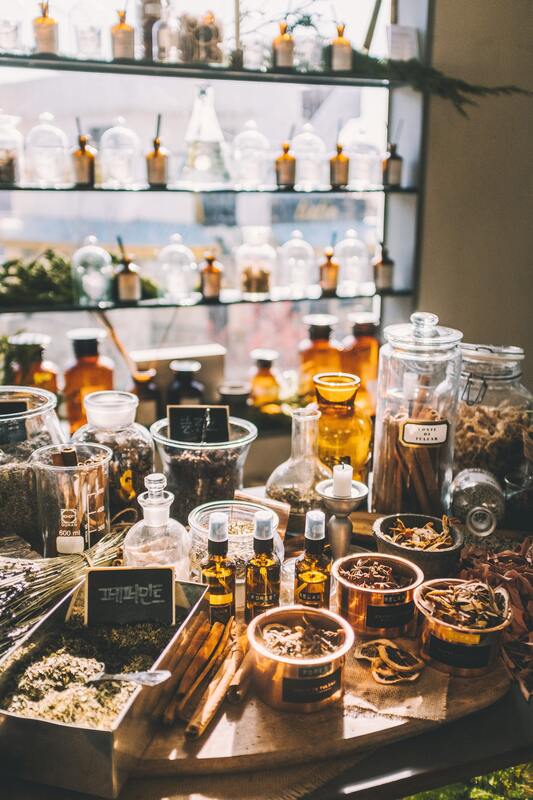

 RSS Feed
RSS Feed